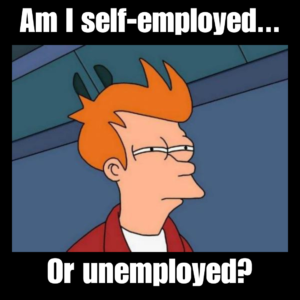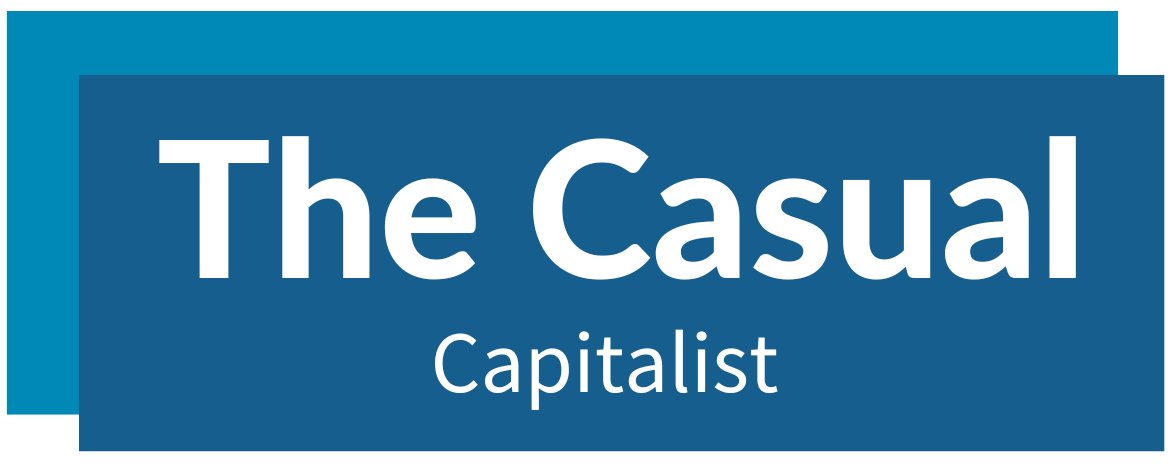Top Gig Economy Platforms to Find Freelance Work

The Gig economy is here. Call it the “collaborative economy”, “sharing economy” or even the “new work economy”, it’s here to stay. Gig economy platforms continue to flourish driven by both technology and people’s desire for more flexibility in their work.
According to a 2016 Jobvite survey, close to 20% of the adult American population has held a gig-type job. And that number keeps on growing. The growth of Uber for example is testament to the burgeoning sharing economy and people’s willingness to adopt new ways of working and living.
Gig Economy Platforms Regulation
As with any shift in how we work, the sharing economy is still fraught with challenges. We can’t turn a blind eye to that. Yet with the right kind of innovation, regulation and policy measures, the gig economy can mature to provide employment and decent income options to more people.
Let’s face it, the sharing economy is largely driven by independent contractors and freelancers. Most are seeking work flexibility and a way to earn extra income in-order to supplement their salaries. Gig economy platforms act as the bridge between the freelancers and clients who need their services.
Here are our top ten gig economy platforms providing that connection.
Uber is by far one of the largest sharing economy platforms. It has become part of our daily lives since we all need some form of transportation. Uber makes it easy to earn extra cash with your personal vehicle. Simply sign up as a driver and start offering rides to folks who need them.
The best part; you get to choose and set your own driving schedule. Check out an in-depth look at Uber here, and also our must have accessories for Uber drivers to maximize your profits.
Despite Uber’s success, it has faced some criticism recently for the low pay that its drivers receive and in 2022, California Upheld Prop 22 which classifies gig workers are independent contractors rather than employees. This means that they do not need to receive benefits like health insurance, paid time off or a retirement plan like a traditional employee.
Lyft
Lyft is also a ride-sharing gig economy platform seeking to outdo Uber. With claims of drivers making upto $35 an hour, Lyft is a worthy alternative for gig economy workers seeking to maximize their ride-sharing income.
And not just that, you get to keep your entire stash of tips not to mention any income you get from referring other drivers.
Turo
Not everyone wants to become a driver. Maybe you don’t have the time or the patience to put up with rowdy passengers. This is where Turo comes in. It’s a platform that enables you to rent out your vehicle to a traveler and just watch the cash roll in.
Your car’s rental price is set automatically based on model, location, time of year and other data. You get to keep 65 – 85 percent of the trip rental price based on the insurance protection you choose for your vehicle.
The company screens and vets travelers before they are accepted on the platform ensuring the safety of your vehicle.
Here’s an excellent in-depth look on how Turo works.
Airbnb
Loosely stated, Airbnb is the Uber of property. It connects people with extra room/space in their homes with folks who need a place to stay. With just the app, you can rent out and manage any manner of free livable space you’ve got. Be it a cabin, condo, an extra room or floor in your mansion, Airbnb will help you monetize that space.
Click here for our in-depth look at Airbnb (everything you need to know), and also how to rock as an Airbnb host for maximum profits.
Postmates
You’ve had something delivered to your home or office at one point in your life. Whether a package or just Chinese takeout. Yummy! With Postmates you get to deliver stuff. It can be anything from groceries to shopping. The best part is that you can use any mode of transport to make the delivery. Yes, cars, bikes, scooters and even trucks are allowed…as long as you make the delivery on time.
Check out this excellent primer on everything you need to know about becoming a postmate.
Instacart
Instacart is an on-demand delivery platform that connects deliverers with customers who want groceries delivered to their homes. You get to shop and deliver groceries to people’s homes and make some extra cash.
Let’s face it, most of us hate grocery shopping. I do. It’s tedious and time consuming yet absolutely necessary. Instacart makes it a breeze, here’s how it works.
Taskrabbit
Taskers on Taskrabbit perform a variety of tasks. On any day you could be doing a different thing. From painting houses, repairing leaking faucets to picking and delivering groceries to people’s home. It’s handyman’s paradise.
This gig economy platform goes to great lengths vetting taskers and helping them with the onboarding process to perform at their best and bring in the most income from their work.
Freelancer
The gig economy extends to the virtual space as well. Sometimes we need someone to help us tick off tasks on our work related to-do lists. On Freelancer you can offer your expertise on a variety of areas such as web design, freelance writing, book-keeping, internet marketing etc.
Clients post their jobs and freelancers bid on them. Whoever comes up with the best bid and is accepted by the client gets the job and a healthy extra revenue stream!
Upwork
Upwork is one of the most popular gig economy platforms extending the collaborative economy into the virtual space. Upwork boasts of more than 6 million freelancers worldwide with more than 4 million clients making it one of the biggest freelancing platforms in the world.
Clients post jobs on which freelancers can apply to by crafting proposals. The platform facilitates the whole process of connecting clients to freelancers and handling payments for a small cut.
According to the site, freelancers can be hired for jobs on web, mobile, and software development, engineering and data science, creative services such as graphic design and writing, sales and marketing, customer service, virtual assistants, and accounting and consulting.
Fiverr is another popular platform that got its start by, as the name suggests, delivering gigs for only $5.00. For a time, you could get anything from a website to a 1,000 word article for only five bucks which established Fiverr as the place to go to get cheap freelance workers.
Fiverr has come a long way and has now evolved to allow prices up to $10,000!
Freelancers create “Gigs” and set their own prices that clients can browse and hire based on their skills and ratings.
WeGoLook
WeGoLook is a sharing economy platform that can dispatch from its over 20,000 ‘Lookers’ to verify claims made by sellers about assets for sale. Lookers act as the buyers eyes on the ground to see if a purchase they want to make is as advertised.
Think of it as on-demand inspection, or custom tasking. Yes, you get paid to be someone else eyes!
To learn more about this side hustle, check out these excellent posts:
WeGoLook: The Secrets to Amazing Part-Time Sharing Economy Jobs
Go Look At Stuff! Make Money By Being Someone Else’s Eyes
# Bonus Platform: Hubstaff Talent
Husbstaff Talent deserves special mention on this list. While most other platforms take a fee from connecting clients with freelancers, Hubstaff does it for free! Yes, you heard that right. No one is shaving off 10%, 20% or whatever percentage from your hard earned money.
It’s also easy to navigate whether you are a client looking for freelancers, an agency looking to put your team to work or a freelancer hoping to make some extra money with your skills. There is a variety of fields to choose from, from web design to Business Consulting.
Simply create a well crafted profile on the platform and you are on your way to building your freelance career…minus all the headaches 🙂
Wrapping it Up
The gig economy makes 20 – 30% of the workforce in the US and Europe according to one Mckinsey report. For gig workers the sharing economy provides flexibility, variety and a way to earn extra income. But it also lacks certain crucial safety nets.
However, the gig economy is a win-win situation for both employers and freelancers. It’s bound to expand as more gig economy platforms provide the much needed innovation while authorities provide guidance and regulation to facilitate growth and shield all involved parties.
If the gig economy isn’t for you, you can still harness the power of the digial age by starting your own online business. Click here to learn more about Selling an Online Business for over $300,000.
